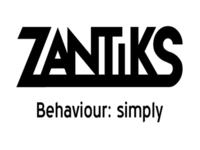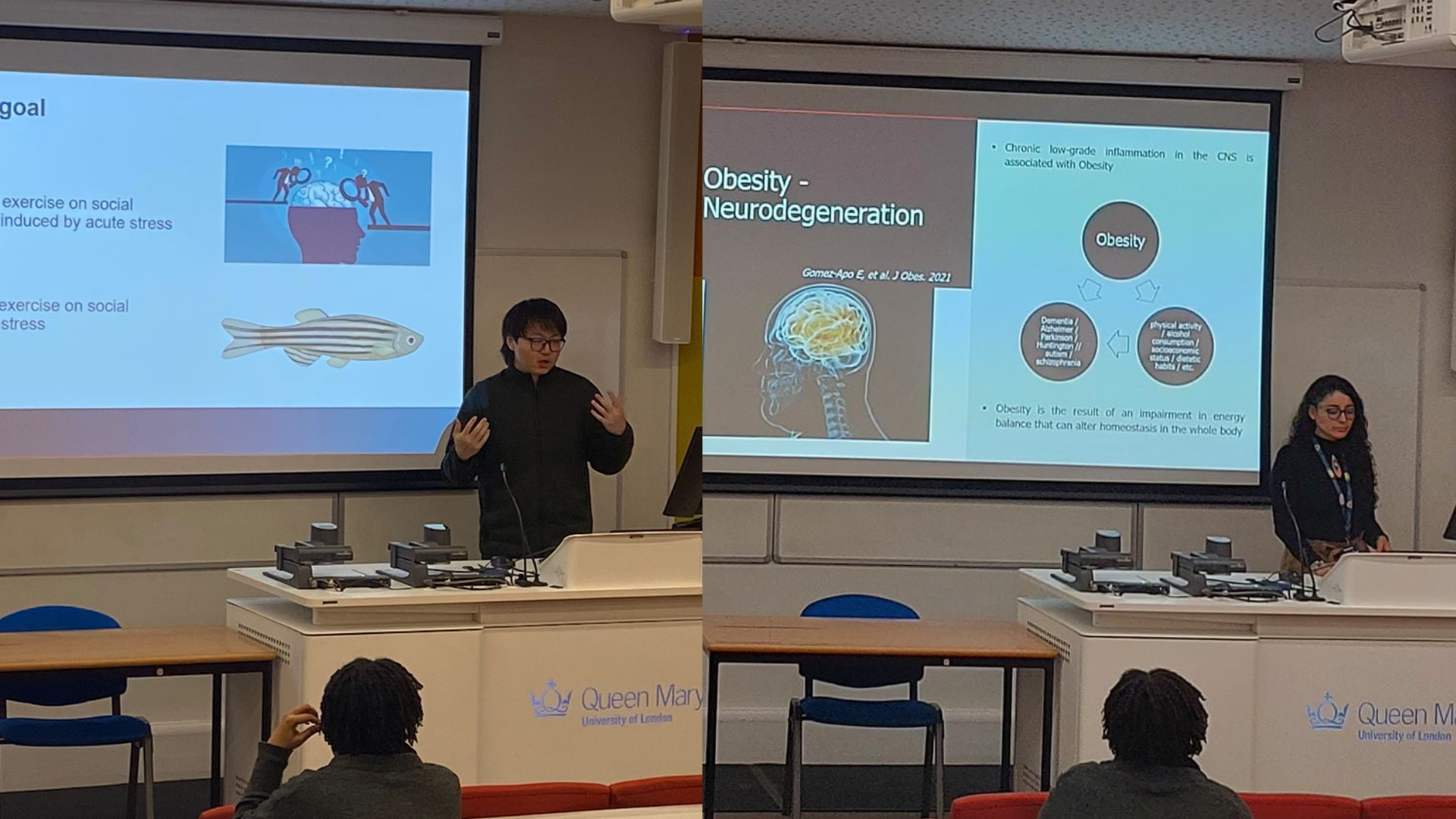
SBBS 1st Year PhD Student Talks
10 March 2023Our first year PhD students Shiyao and Jhosadara presented their very interesting projects related excercise for stress and appetite control in neurodegeneration respectivetely

We develop behavioural assays to identify genetic mechanisms in health and disease

We undertake CRISPR-Cas9 gene editing technology to generate null mutant zebrafish lines

We study endophenotypes associated with neurodevelopmental and neuropsychiatric disorders

We use transgenic lines and perform staining to relate neural activity and network formation to behaviour

Our first year PhD students Shiyao and Jhosadara presented their very interesting projects related excercise for stress and appetite control in neurodegeneration respectivetely

Our brilliant research technician Will is leaving Brennan lab. We wish you all the best for the future!
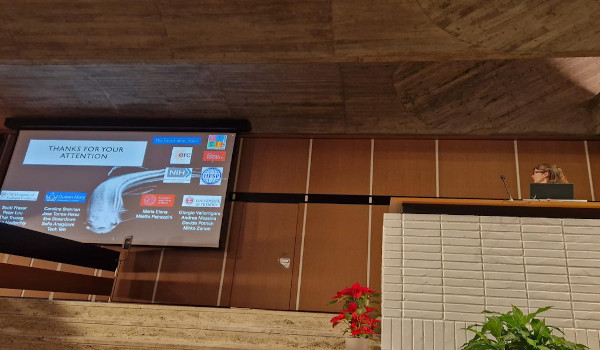
Caroline reconnected with Maria Elena at European Workshop on Cognitive Neuropsychology meeting in Bressanone Brixen. She was a plenary speaker in number cognition session and together with Maria Elena spoke on Genetics of Number Cognition

We had a great time catching up and celebrating the New Year over dinner and drinks together with Busch Group
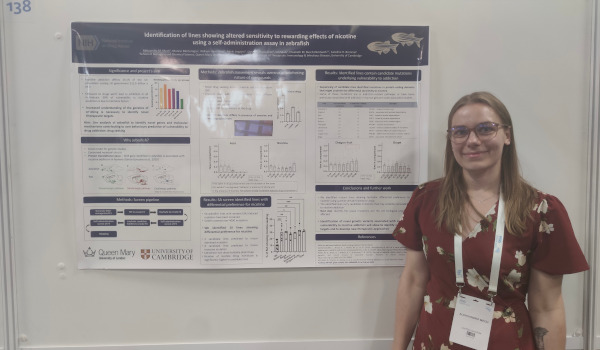
Aleks and Saeedeh attended and presented their research during FENS Forum 2022 in Paris, France

We said goodbye to our two brilliant post-docs, Lilah Glazer and Maria Elena Miletto Petrazzini with a socially distant picnic. We are sad to see you go and wish both of you all the best for your future endeavours!
Professor Caroline Brennan and Dr Jose Torres-Pérez are guest-editing a special issue on “Zebrafish: A Model for the Study of Human Diseases” at Biomolecules (IF 4.694). Researchers from any discipline are invited to submit new research articles or reviews to this special issue. If you need more info, don’t hesitate to contact us! Deadline: 31 December 2020
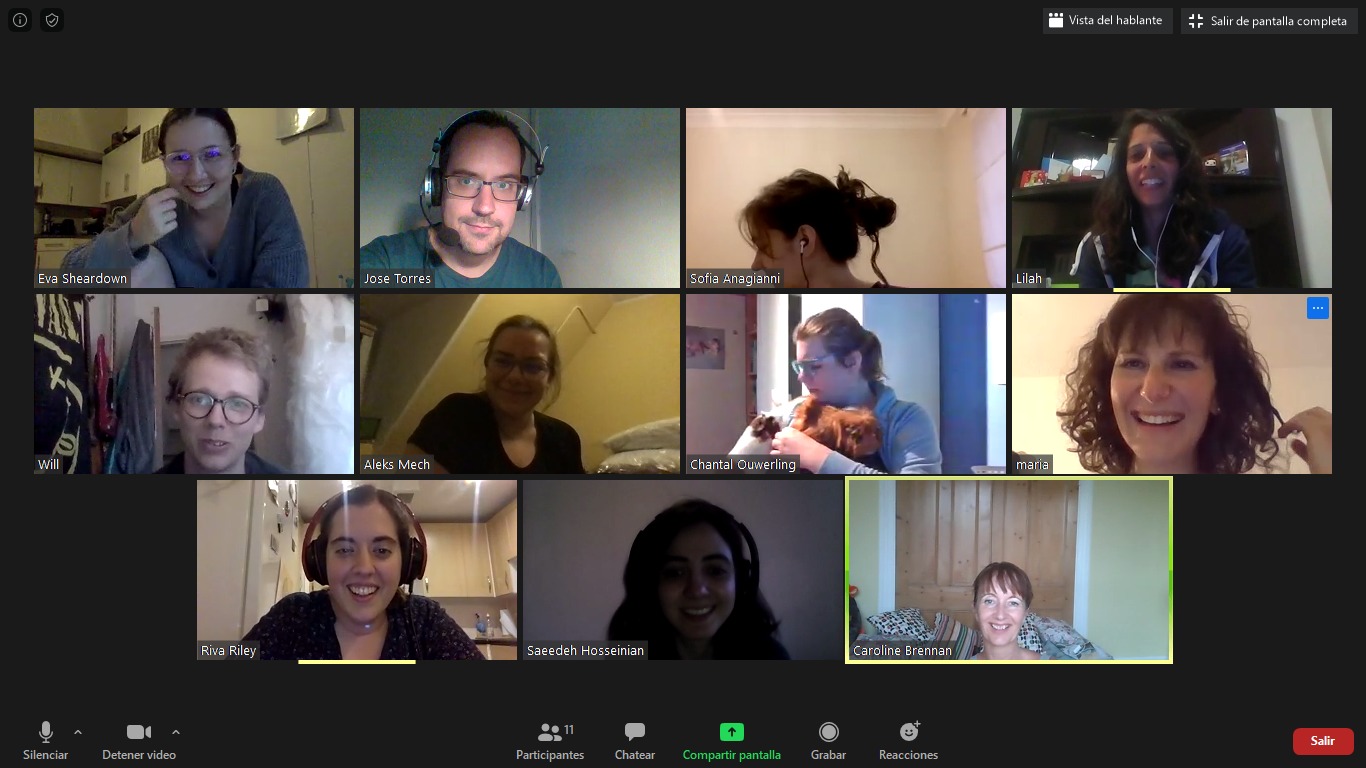
We have been holding an online R course by Riva as well as functional genomics by Aleksandra and Saeedeh during the lockdown.
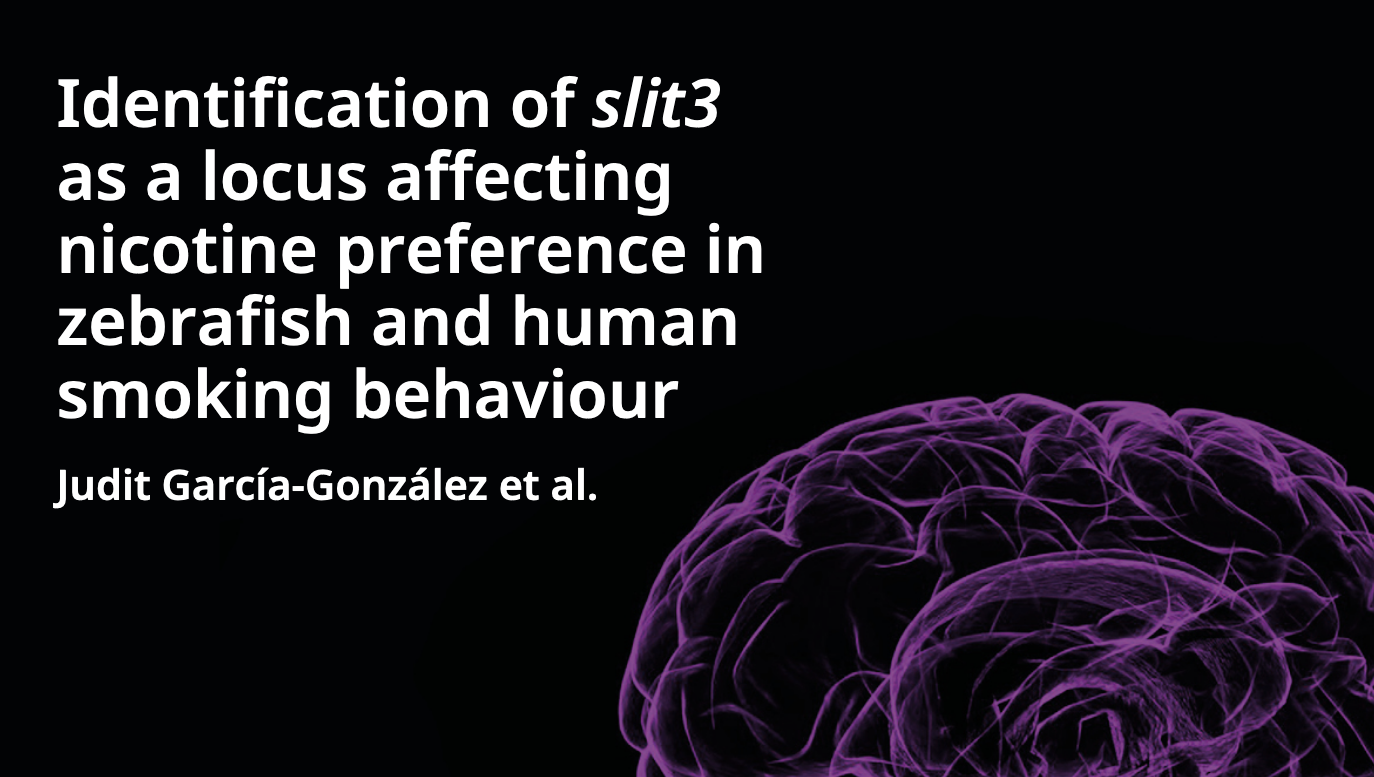
Identification of slit3 as a locus affecting nicotine preference in zebrafish and human smoking behaviour
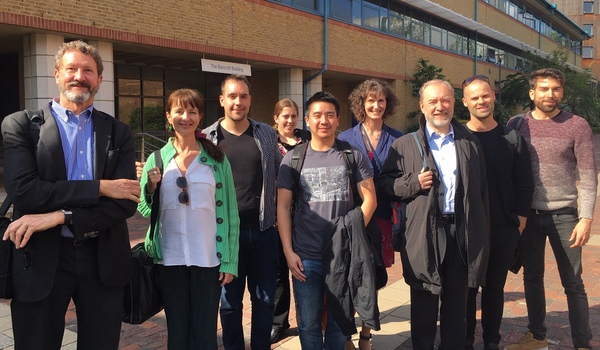
L to R: Scott Fraser, Caroline Brennan, Jose Torres-Perez, Riva Riley, Peter Luu, Maria Elena Miletto, Giorgio Vallortigara, Andrea Messina, Davide Potrich

Caroline, Mary, Lilah and Judit attended and presented their research during the 21st Annual Meeting of the International Behavioural and Neural Genetics Society in Edinbrugh, Scotland.

Mary hosted a symposium sponsored by the Company of Biologists at the Comparative Cognition CO3 2019 meeting, Melbourne Florida

Frontier Technologies in Zebrafish: single-cell transcriptomics, genome-editing, imaging, and behaviour.

Alumni Ari Sudwarts and Alistair Brock launch Nutrition-Tech Start-up called Shoreditch-son in Okinawa, Japan.
The Numerosity Group visited collaborators, Giorgio Vallortigara, Andrea Messina and Davide Potrich at the Mind Brain Institute, University of Trente, Italy. A very productive visit but with time for team building.
The need to discover and develop safe and effective new medicines is
greatest for disorders of the brain. According to the World Health
Organisation, CNS disorders will be the greatest medical need of this
Century as no CNS disorder is currently treated adequately and the
number of people in the world with CNS disease is set to increase
sharply in the decades ahead.
Compared to other therapeutic areas, it
takes longer to get a CNS drug to clinical settings, and the
probability of getting there is lower. There are a number of
contributing factors including the staggering complexity of the human
brain, which means our knowledge all CNS disorders is largely
incomplete, and the cost and difficulty in testing new compounds for
effectiveness and safety.
In order to reduce costs and facilitate development of effective therapeutics,
new means of assessing brain effects and safety of novel compounds are urgently
sought by the pharmaceutical industry. In recent years zebrafish have been
found to be a useful species in which to screen for genes and compounds
affecting human disease conditions as they share many developmental and
disease causing processes.
Zebrafish can contribute to the discovery process by helping to
identify genes and processes underlying disease conditions as well as
providing a system in which to test for drug effectiveness and safety.
Although zebrafish can not replace the use of other animal species
entirely, they provide a simple, cost effective system for first round
trials and have the potential to increase the rate at which compounds
can be brought to market.


